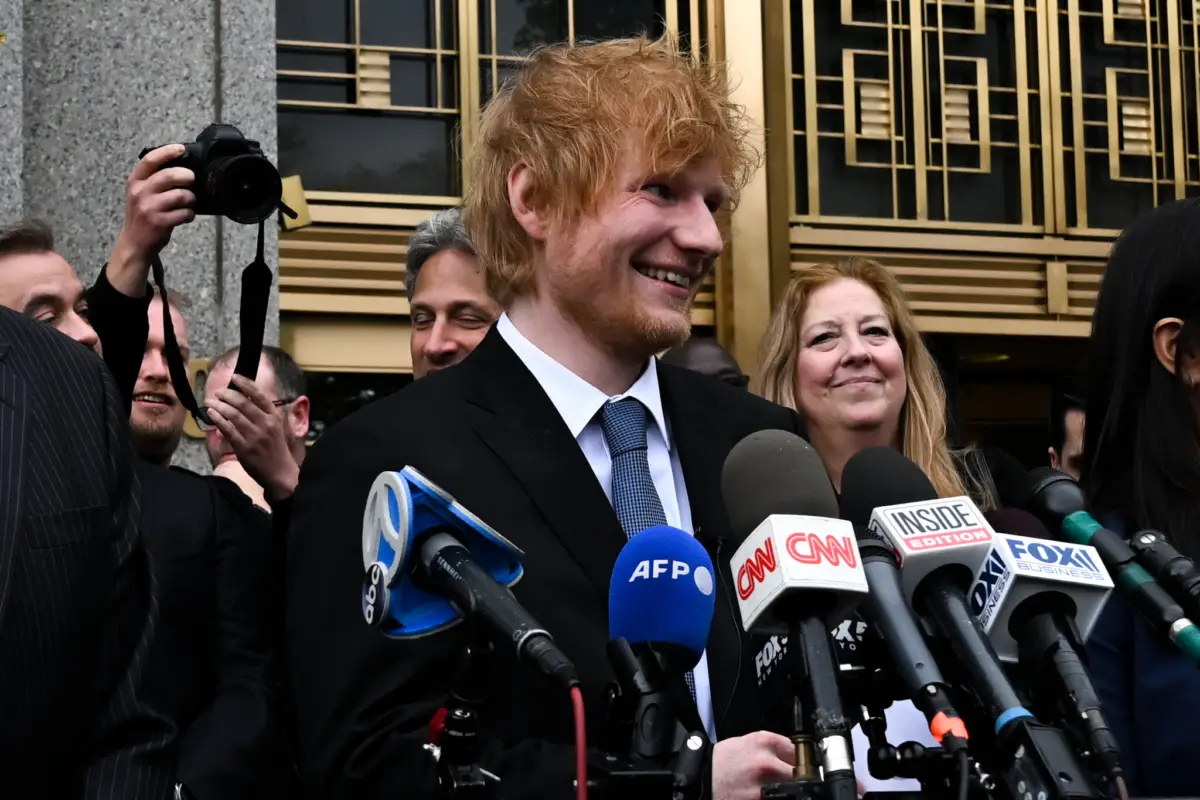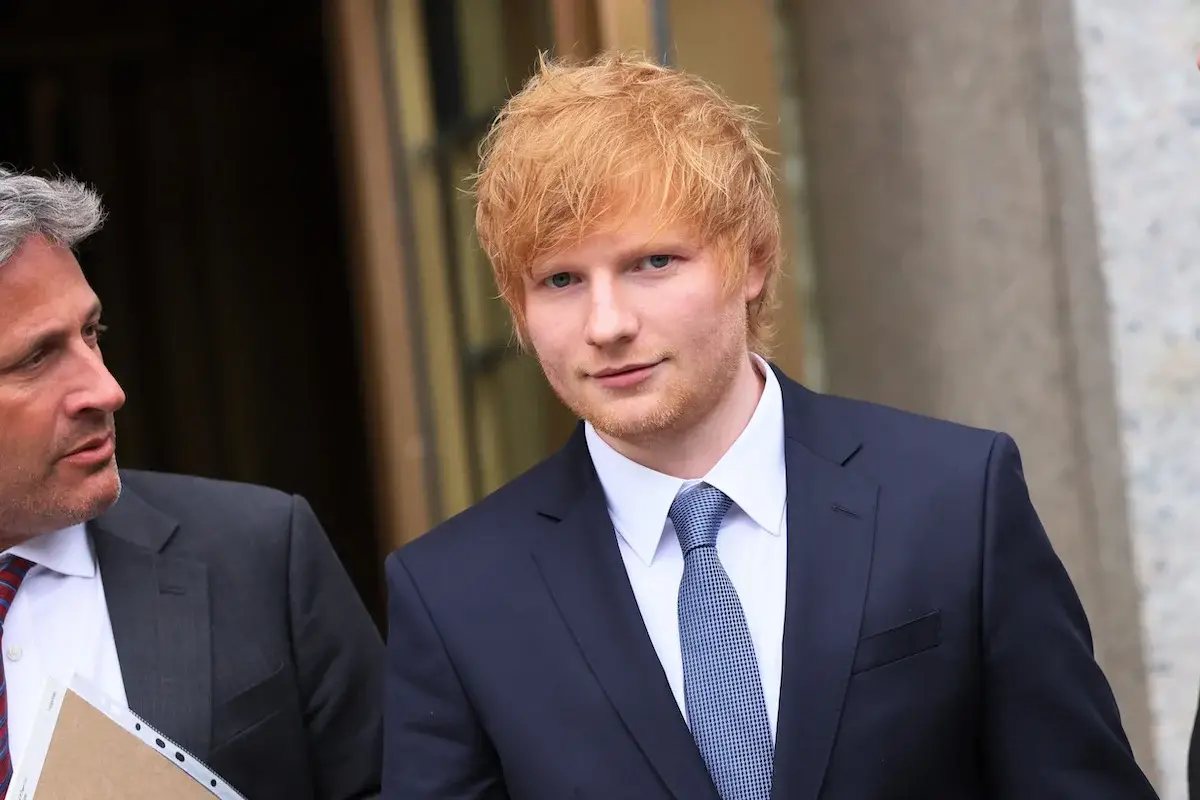Did Ed Sheeran copy the Let’s get it on song? This was the question that the music industry and fans of the British singer-songwriter were asking themselves when the copyright infringement case was brought against him. In this article, we will examine the details of the case and the verdict that was reached.

The Allegations
In 2016, Ed Sheeran was accused of copying Marvin Gaye’s “Let’s Get It On” in his hit song “Thinking Out Loud.” Structurally and melodically, the two songs have a similarity in their chord progression and melody. The lawsuit was filed by the heirs of Ed Townsend, the co-writer of “Let’s Get It On,” who argued that Sheeran’s song was a blatant copy of their father’s work.
The trial was held in Los Angeles and began on April 25th, 2023. The plaintiffs argued that Sheeran had copied the “heart” of “Let’s Get It On” and that “Thinking Out Loud” replicated “virtually every note” of the 1973 classic. They sought $100 million in damages and a portion of future royalties from “Thinking Out Loud.”
The Defense
Sheeran’s defense team argued that “Thinking Out Loud” was an original work and that any similarities to “Let’s Get It On” were simply common musical elements found in many songs. They also argued that the chord progressions and melodies in question were not unique to “Let’s Get It On” and were used in countless other songs. They also highlighted the fact that Sheeran had not listened to “Let’s Get It On” before writing “Thinking Out Loud.”
The Verdict
On May 4th, 2023, the jury reached its verdict and cleared Ed Sheeran of any wrongdoing. The jury found that “Thinking Out Loud” did not infringe on the copyright of “Let’s Get It On.” The verdict was a significant victory for Sheeran and his legal team, who had vigorously defended the singer-songwriter throughout the trial.

The jury was asked to listen to both songs and compare the similarities. They were then asked to decide whether the musical elements in question were unique enough to constitute copyright infringement. After deliberating for two days, the jury concluded that the songs were not substantially similar enough to infringe on the copyright of “Let’s Get It On.”
Reactions to the Verdict
The verdict was met with mixed reactions from the music industry and fans of both Ed Sheeran and Marvin Gaye. Some felt that justice had been served and that the jury had made the right decision. Others were disappointed that the heirs of Ed Townsend were not able to secure any damages or royalties from Sheeran’s hit song.

The Verdict’s Significance
The verdict, in this case, is significant for several reasons. It underscores the importance of protecting original works of music and the challenges of proving copyright infringement in a court of law. It also highlights the ongoing debate over the use of common musical elements and whether they constitute copyright infringement.
This case also demonstrates the risks that artists face when they create new music. Ed Sheeran is not the first musician to be accused of copying another artist’s work, and he certainly will not be the last. The music industry is full of examples of songs that have similarities to other songs, and the line between inspiration and infringement can be blurry.
Conclusion
In conclusion, the verdict in the Ed Sheeran copyright infringement case is a significant victory for the singer-songwriter and his legal team. The jury found that his hit song “Thinking Out Loud” did not infringe on the copyright of Marvin Gaye’s “Let’s Get It On.” While the verdict may be disappointing for the heirs of Ed Townsend, it highlights the ongoing challenges that the music industry faces when it comes to protecting original works of music and determining what constitutes copyright infringement. It also demonstrates the need for artists to be vigilant in creating original works and to seek legal guidance when necessary to avoid potential legal pitfalls.
In the end, the Ed Sheeran case serves as a reminder of the importance of respecting the intellectual property rights of others and the need for artists to be creative and original in their work. It also highlights the ongoing debate over what constitutes copyright infringement and the challenges of proving such infringement in a court of law. As the music industry continues to evolve, it is likely that cases like this will continue to arise, and it is up to the courts and the industry to continue to develop new ways to protect the rights of artists and their original works
Read More:
Is Florence Pugh actually pregnant? Who is she and what is the truth behind the pregnancy rumours?
Is Gina Rodriguez pregnant? How many children does the actor have?
Is Taylor Swift dating Matty Healy in 2023? Who is Matty Healy?

